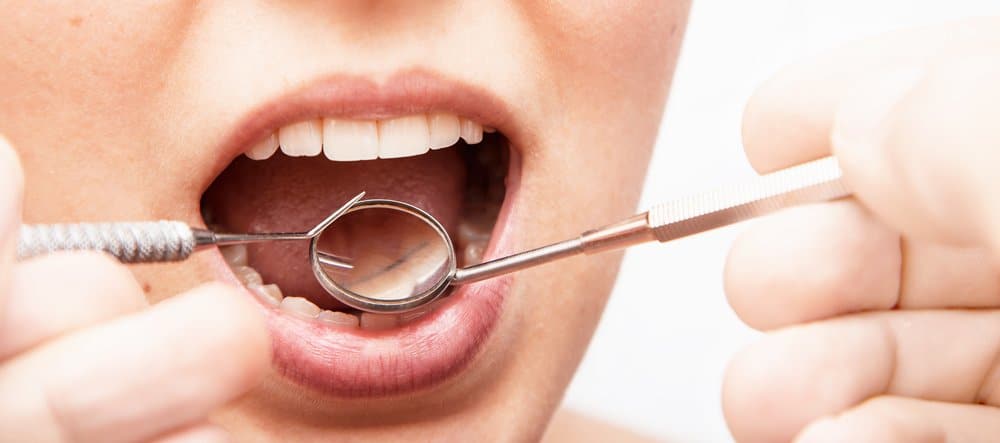
Updated: March 21, 2024
When the bacteria responsible for plaque and tooth decay build up underneath the gum line, they produce toxins that damage the connective tissues that keep teeth firmly in place. This is called periodontal disease, a serious condition that can lead to tooth loss. Fortunately, there are many things you can do to keep your gums and teeth healthy. Here are five tips for preventing gum disease.
1. Brush Longer
Use fluoride toothpaste to brush your teeth at least two times a day, preferably after meals. Take your time when brushing, carefully scrubbing near the gum line. Brushing correctly should take two or three minutes.
2. Floss Every Day
Flossing isn’t just for removing food stuck between your teeth. It also helps to prevent plaque formation in places the toothbrush can’t reach. It’s important to get into the habit of flossing every day.
3. Use High-Quality Mouthwash
A trustworthy mouthwash can kill the bacteria that cause gingivitis and periodontal disease. It’s not designed to replace brushing and flossing, but to enhance their effects. Always look for the American Dental Association Seal of Acceptance on mouthwash.
4. Eat Healthy Foods
Your body needs the right minerals, vitamins, and nutrients to take care of gums. Some vitamins boost your immune system, helping fight oral bacteria. Others are involved in creating new gum tissue, strengthening your teeth, and improving blood flow to the gums. Here are several essential vitamins for vibrant gum tissue:
- Calcium
- Vitamin D
- Vitamin A
- Vitamin C
- B Vitamins
For example, vitamin C improves gum healing, while vitamin D increases the amount of calcium available for bones and teeth. In addition to getting positive nutrients, it’s also important to cut down on sugary foods. Mouth bacteria feed on sugars to create plaque.
5. Avoid Tobacco Products
Cigarettes can lead to gum disease. They also put you at risk for oral cancer. Tobacco can increase the amount of plaque on teeth, speed up bone loss, slow down healing, and harm the gums directly.
Plaque is one of the biggest enemies of healthy gums. A big part of avoiding periodontal disease is preventing plaque from forming. If you follow these gum care tips every day, a regular dental checkup is usually all that’s needed to clean any leftover plaque from teeth.
When to Schedule a Visit With Your Dentist
Always paying attention to the warning signs of periodontal disease. This can help you catch minor issues before they become more serious. It’s a good idea to schedule an appointment with our dental professionals if you notice these symptoms:
- Gums that bleed easily
- Purple or deep red gums
- Swollen gum tissue
- Bloody saliva after brushing or flossing
- Gums that appear to shrink or recede
- Bad breath
These early issues can indicate the beginning of gum disease. As it progresses, other problems can appear that warrant calling a dentist immediately. For example, if any teeth become loose or wobbly, or fall out, contact a periodontist as soon as possible. Pus, pain when chewing or bite changes are also signs of serious dental health issues.
Contact the Experts at Tribeca Dental Care Today!
At Tribeca Dental Care, our gum health professionals can provide an in-depth periodontal examination to check for signs of gum disease. Modern technology gives us a close look at areas of the teeth normally hidden from view, such as underneath the gum line. After this exam, we can take great care of your gums with a complete periodontal cleaning. This includes removing tartar and plaque and polishing tooth surfaces. To learn about patient financing options and specials, or to schedule an appointment with an expert periodontist, contact our friendly team right away.
Image Credit: By Algirdas Gelazius



